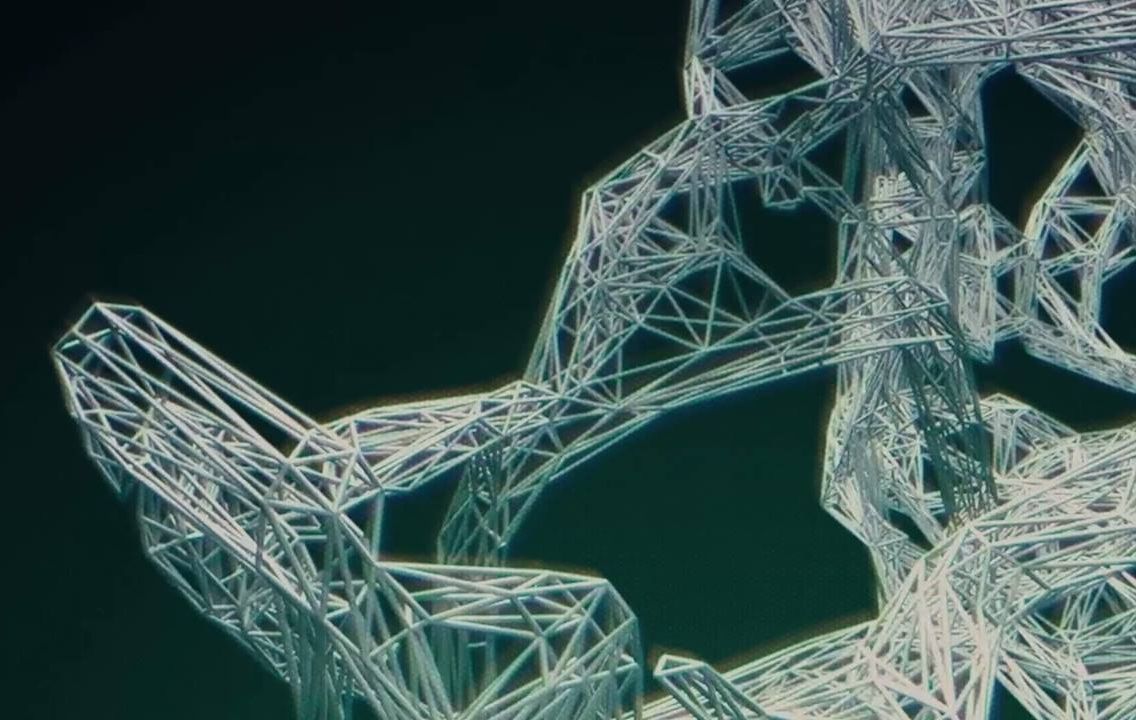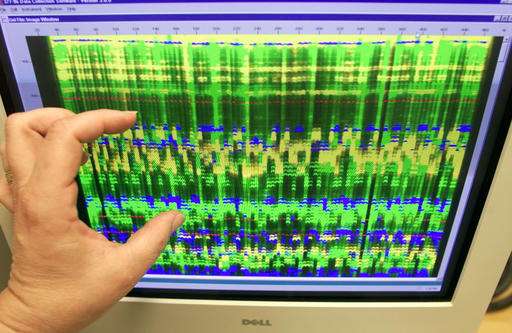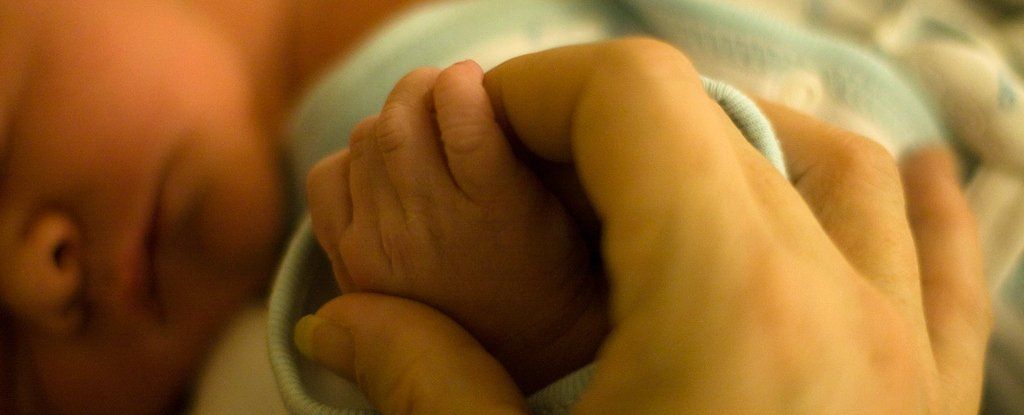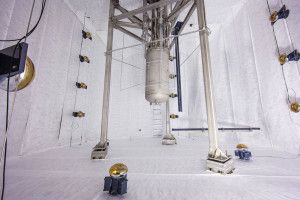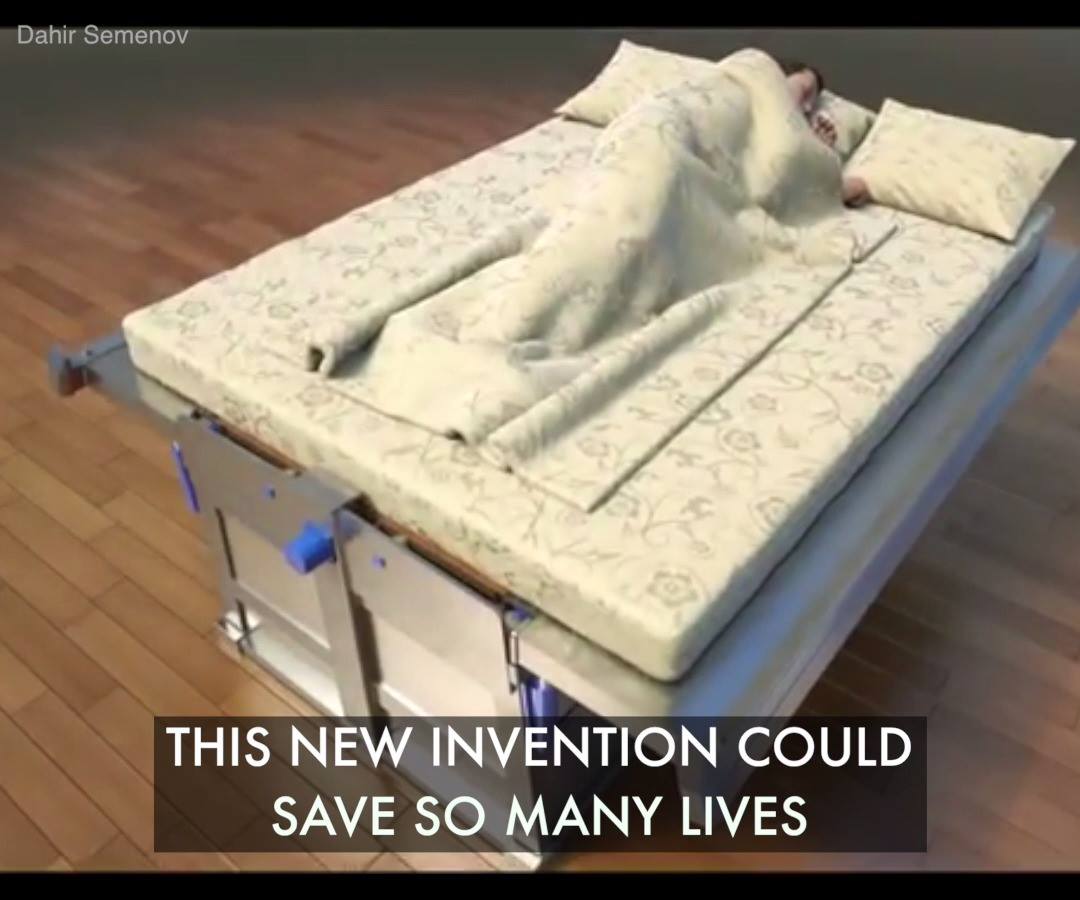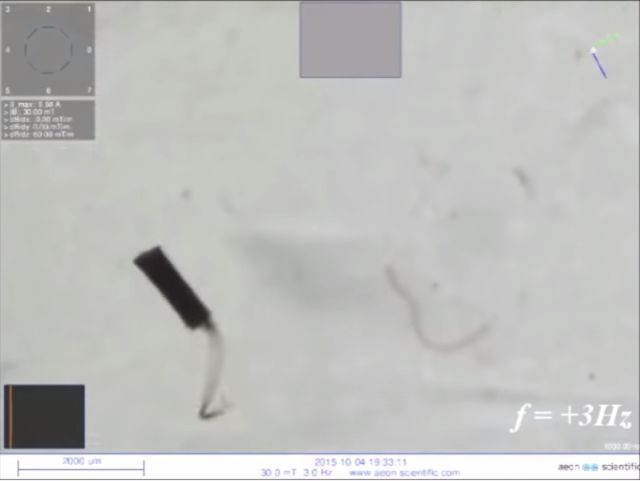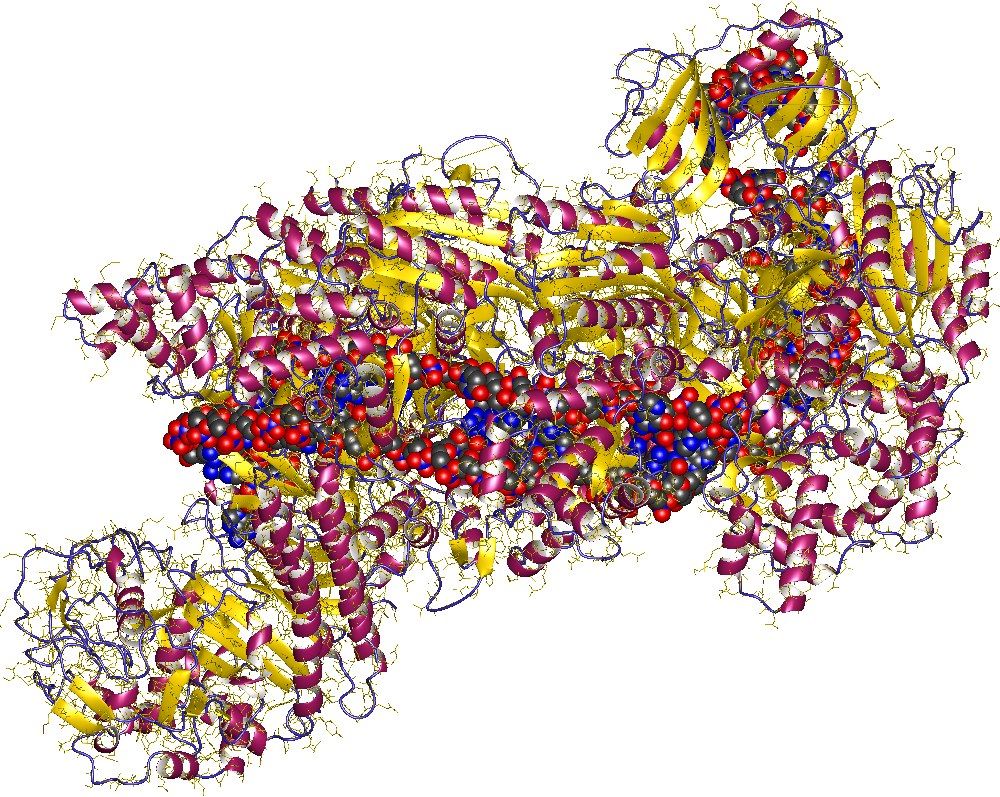Page 10962
Jul 23, 2016
Scientists work toward storing digital information in DNA
Posted by Andreas Matt in categories: biotech/medical, computing, education, mathematics
Her computer, Karin Strauss says, contains her “digital attic”—a place where she stores that published math paper she wrote in high school, and computer science schoolwork from college.
She’d like to preserve the stuff “as long as I live, at least,” says Strauss, 37. But computers must be replaced every few years, and each time she must copy the information over, “which is a little bit of a headache.”
It would be much better, she says, if she could store it in DNA—the stuff our genes are made of.
Jul 23, 2016
A team of scientists says they’ve found a way to reverse menopause
Posted by Shailesh Prasad in category: biotech/medical
A new blood treatment developed by researchers in Greece reportedly has the power to reverse menopause, enabling post-menopausal women to release eggs once again.
None of this has been peer-reviewed as yet, but if the results can be verified by others in the scientific community, the treatment might allow women to have offspring later in life.
It could also provide a treatment for those suffering from early menopause, a condition that affects roughly 1 percent of all women.
Continue reading “A team of scientists says they’ve found a way to reverse menopause” »
Jul 22, 2016
Ray Kurzweil Outlines the Coming Biomedical Revolution [Video]
Posted by Klaus Baldauf in categories: biotech/medical, life extension, nanotechnology, Ray Kurzweil

Will we live longer lives in the future? According to Ray Kurzweil, it’s only a matter of time until technology begins successfully tackling age-related disease—and life expectancy grows longer and longer. At some point, technology will annually add more than a year to our life expectancy—allowing us to indefinitely increase lifespans, and perhaps eventually live as long as we want.
“We will get to a point where our longevity, our remaining life expectancy is moving on away from us. The sands of time will run in rather than run out,” Kurzweil says.
Continue reading “Ray Kurzweil Outlines the Coming Biomedical Revolution [Video]” »
Jul 22, 2016
Zoltan, a presidential candidate for the future
Posted by Zoltan Istvan in categories: economics, geopolitics, transhumanism
A new story out on my time at the RNC from Orange County’s main paper. I’ll be at the Democratic National Convention in Philadelphia on Monday night and Tuesday day. Please join me and help spread #transhumanism! Some free Transhumanist Party t-shirts available (email me if you can make it: [email protected]) http://www.ocregister.com/articles/need-723287-says-income.html #ScienceCandidate #Election2016 #POTUS #TechVote
In Cleveland this week, I met the presidential candidate who’s looking farther into the future than any other.
I settled in at Chipotle’s with my chicken burrito and there he was, with two friends, sitting next to me.
Continue reading “Zoltan, a presidential candidate for the future” »
Jul 22, 2016
Another dark matter search comes up empty
Posted by Aleksandar Vukovic in category: cosmology
Even though dark matter has not yet been found, scientists are confident it exists as its effects can be seen in the rotation of galaxies and the bending of light as it makes its way through the universe.
The Large Underground Xenon (LUX) dark matter experiment has found no traces of dark matter.
Jul 22, 2016
Most of the universe may be trapped inside of ancient black holes
Posted by Sean Brazell in categories: computing, cosmology, particle physics
(A computer simulation of a black hole. NASA, ESA, and D. Coe, J. Anderson, and R. van der Marel (STScI))
In case you haven’t heard, there is a very, very big problem with the universe: About 80% of all of the stuff inside it is missing.
Astronomers call this material “dark matter.” They know it’s out there because its huge mass tugs on and shapes galaxies, but no one has ever detected the material itself. Aside from exerting a gravitational pull, dark matter doesn’t seem to interact with stars, planets, dust, atoms, subatomic particles, or any other “normal” matter as we know it. It’s essentially invisible.
Continue reading “Most of the universe may be trapped inside of ancient black holes” »
Jul 22, 2016
New remote-controlled microrobots for medical operations
Posted by Bruno Henrique de Souza in category: biotech/medical
Um microrobô com controlo remoto que parece e se move como uma bactéria.
Ao contrário dos robôs convencionais, estes microroboô são suaves, flexíveis,. Elas são feitas de um hidrogel biocompatível e nanopartículas magnéticas e sem motor. Estas nanopartículas têm duas funções. Eles dão aos microrobôs sua forma durante o processo de fabricação, e torná-los mover-se e nadar quando um campo magnético é aplicado.
Jul 22, 2016
Chinese team to pioneer first human CRISPR trial
Posted by Bruno Henrique de Souza in categories: bioengineering, biotech/medical, health
(Medical Xpress)—A team of researchers at Sichuan University’s West China Hospital has announced plans to begin a clinical trial where cells modified using the CRISPR gene editing technique will be used on human beings for the very first time. They plan to edit genes in such a way as to turn off a gene that encodes for a protein that has been shown by prior research to slow an immune response and by so doing treat patients with lung cancer.
The CRISPR gene editing technique has been in the news a lot of late as scientists creep ever closer to using it as a means to treat diseases or to change the very nature of biological beings. China has been a leader in promoting such research on human beings—they were the first to use the technique to on human embryos.
This new effort is seen as far less controversial—a team in the U.S. is planning a similar study as soon as they can get regulators to greenlight their project. The Chinese team plans to retrieve T cells from patients that have incurable lung cancer and then edit the genes in those cells. More specifically, they will be looking to disable a gene that encodes for a protein called PD-1—prior research has shown that it acts as a brake on an immune response to help prevent attacks on healthy cells. Once the cells have been edited and inspected very carefully to make sure there were no editing errors they will be allowed to multiply and then all of the cells will be injected back into the same patient’s bloodstream. It is hoped that the edited cells will cause the immune system to mount a more aggressive attack on tumor cells, killing them and curing the patient.
Continue reading “Chinese team to pioneer first human CRISPR trial” »
